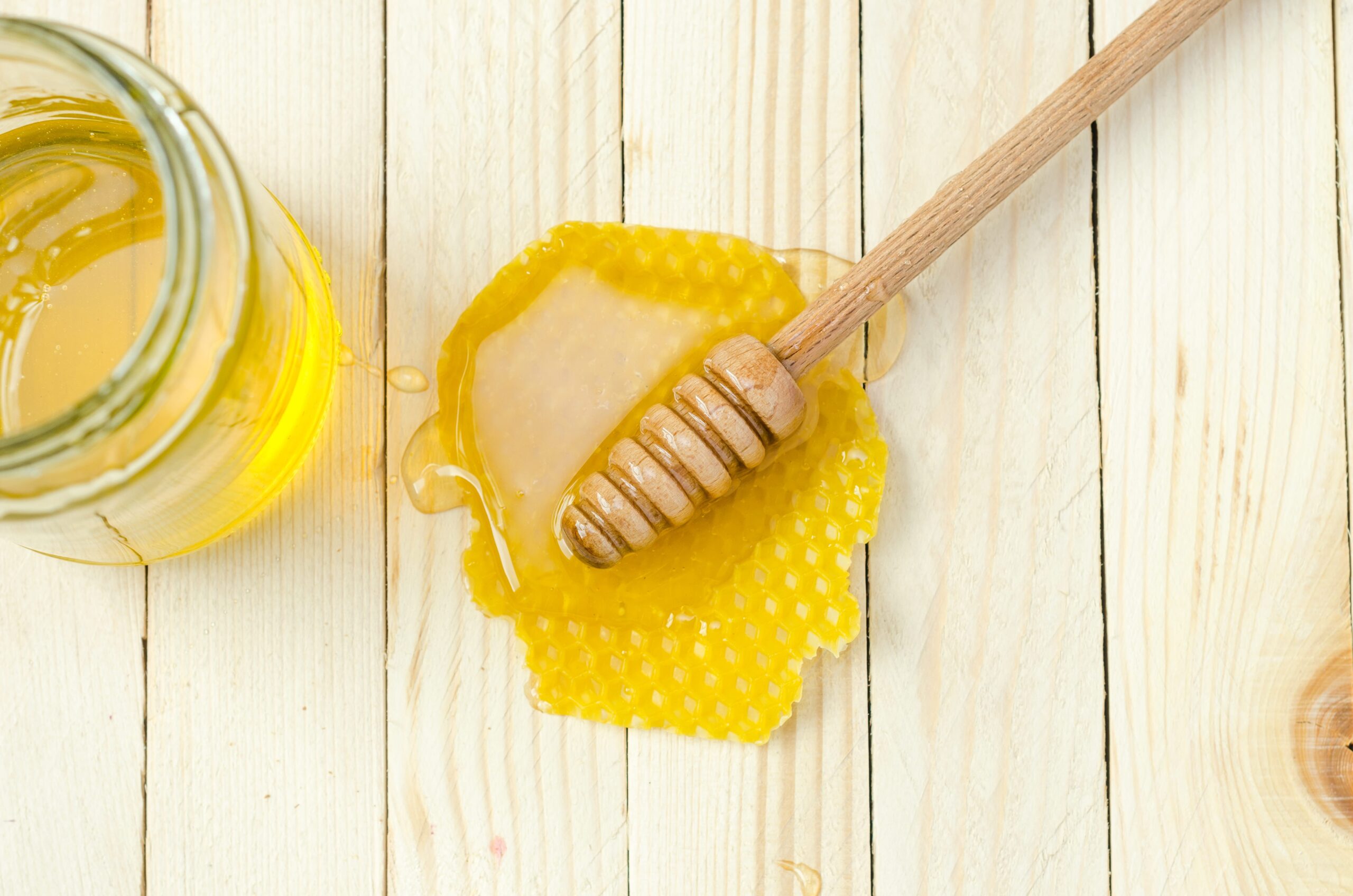Origins:
Manuka honey is a viscous type of dark brown coloured honey that grows throughout Australia and New Zealand. All honey of this origin must pass a series of national tests to be exported under the name of Manuka. Australia produces an average of about 400 to 800 tonnes of this specialised honey every year.
This monofloral type of honey is produced from the Manuka tree’s nectar. ‘Manuka’ is a Maori name given to the tree and produced by the European bees that forage for nectar on the Manuka. Currently, Australia and New Zealand are the only countries that cultivate, manufacture and export this type of honey globally.
Health Benefits Of Manuka Honey:
It is a well-known fact that raw honey associated with many health benefits and medicinal values. The only difference between raw and Manuka honey is that the latter is specialised. Take a look at some of the health benefits that this type of honey has:
- The specialised honey has been found to aid the healing of wounds and cuts. Being antibacterial and an antioxidant, this type of honey is approved by many authorised associations for use in treating wounds. It creates a moist environment that acts as a barrier to prevent any harmful microbes from passing through. Tests have found that this type of honey increases the regeneration rate of tissues and reduces the intensity of pain of burn wounds. It has also been found to combat diabetic ulcers in patients and heal the wounds of patients undergoing eyelid surgeries.
- Another benefit of this type of honey is that it keeps oral health in check. The honey has specific properties that can target the harmful microbes in the oral cavity that promotes tooth decay and plaque formation. Due to the antibacterial properties, it does away with harmful microbes and keeps gums healthy and reduces bleeding and inflammation of the gums.
- Antibacterial properties of this specialised honey can affect the bacterial infection of the throat cavity and give relief to patients suffering from sore throat. Research has shown that it creates a soothing effect in the throat and combats the bacteria that cause mucositis. Mucositis is a side effect that occurs in patients who have undergone radiation or chemotherapy treatments.
- Stomach ulcer is a common illness that is treated using this type of honey. Some theories indicate the presence of antibacterial properties that can fight bacteria causing stomach ulcer. Although not yet a medical treatment, further research is being conducted in this field. However, regular consumption of this type of honey was found to reduce common stomach problems such as constipation and intestinal pain. Manuka honey is recommended by doctors to be included in the daily diet to improve the digestive system’s functionality.
- The specialised honey is also used in the treatment of acne and cystic fibrosis. Antibacterial properties in this type of honey have been found to combat bacterial growths in the lungs and clogged pores.
Doctors and researchers have declared that Manuka honey is safe for consumption. However, diabetic patients, babies and people who are allergic to honey are advised to consult a doctor before using it. Honey does not have harmful side effects and is very beneficial in daily life. Not only does it come with that added dose of sweetness, but it also boasts of health benefits. It truly offers the best of both worlds.

